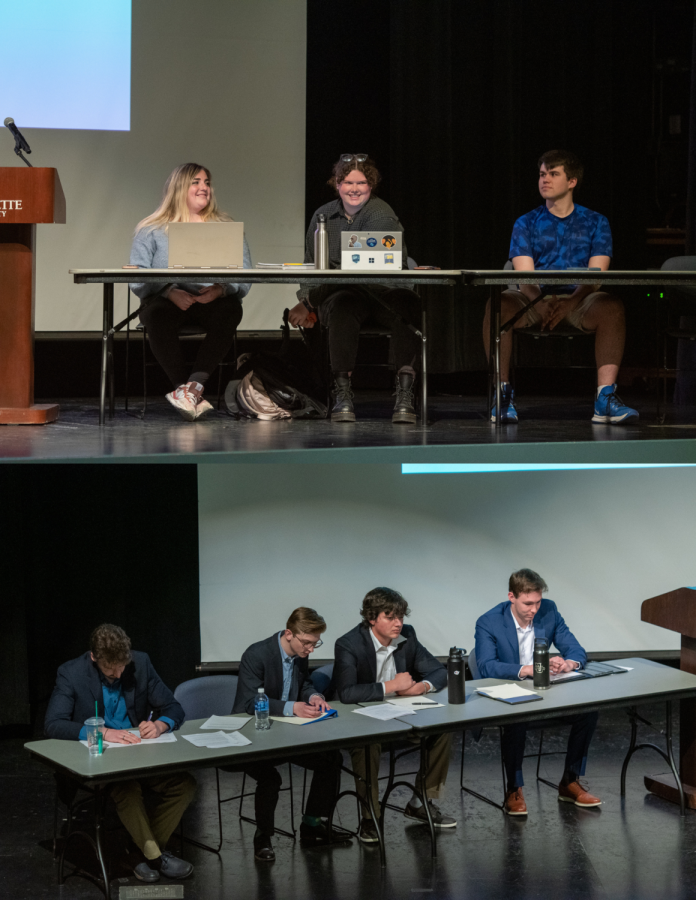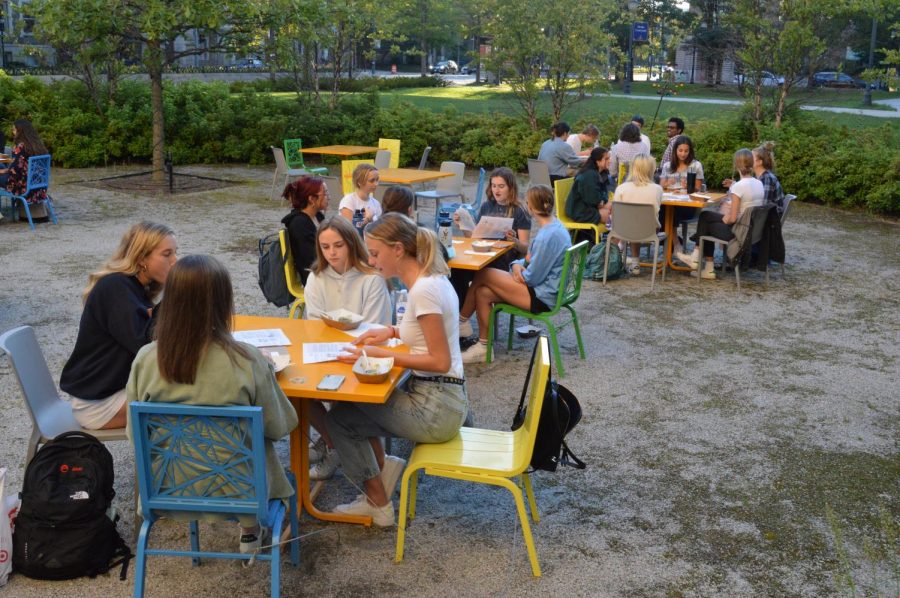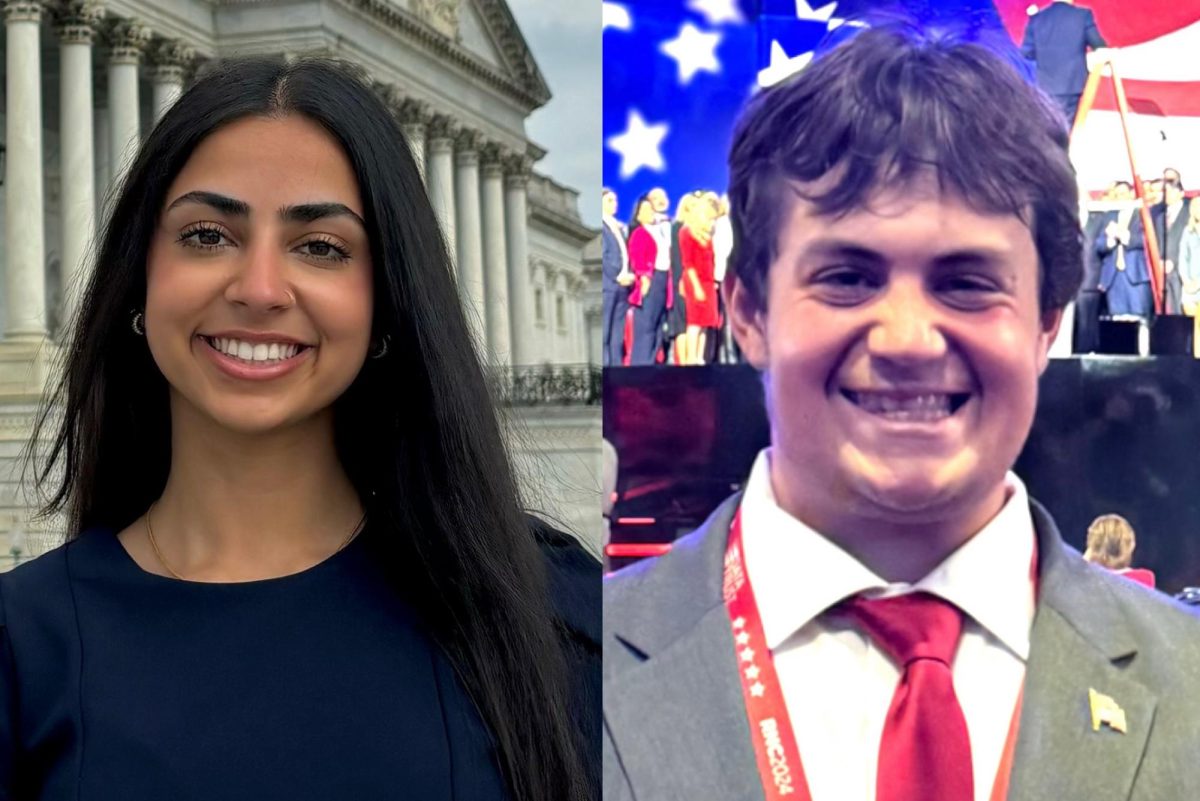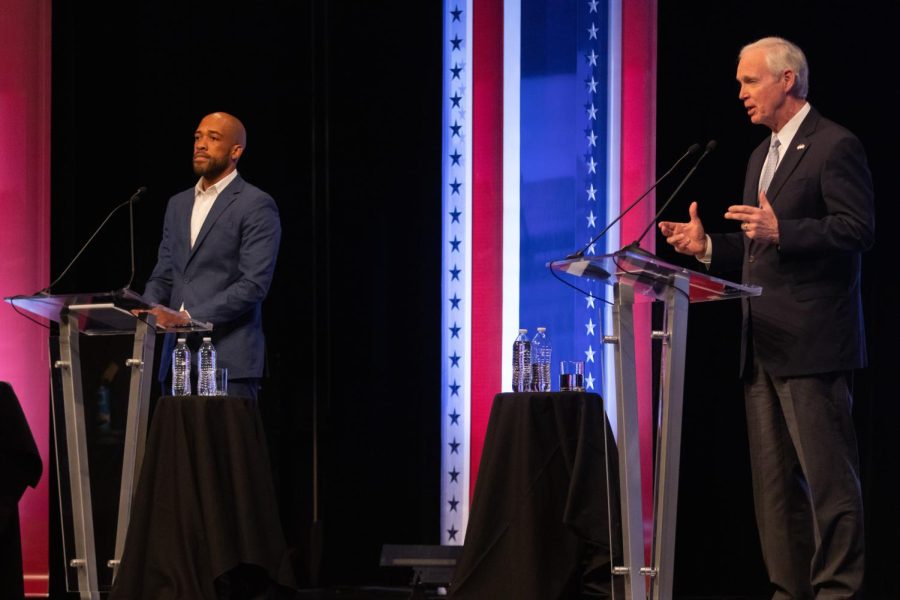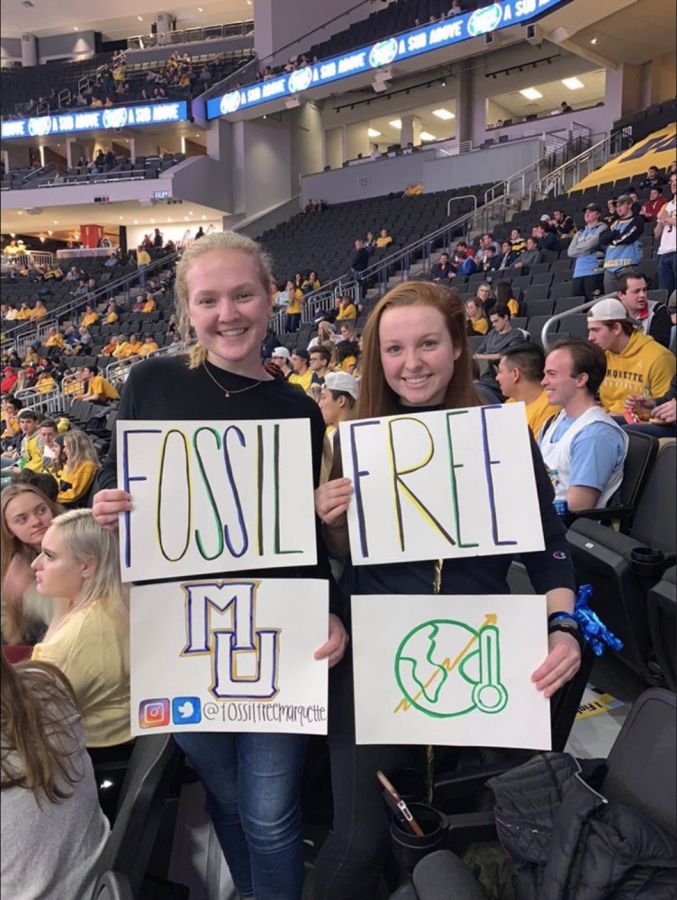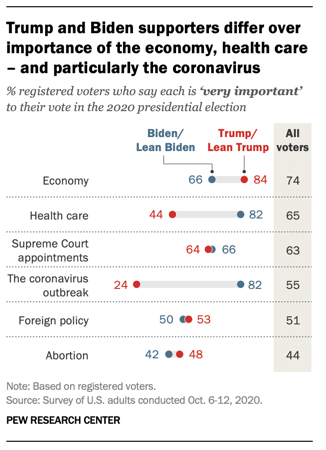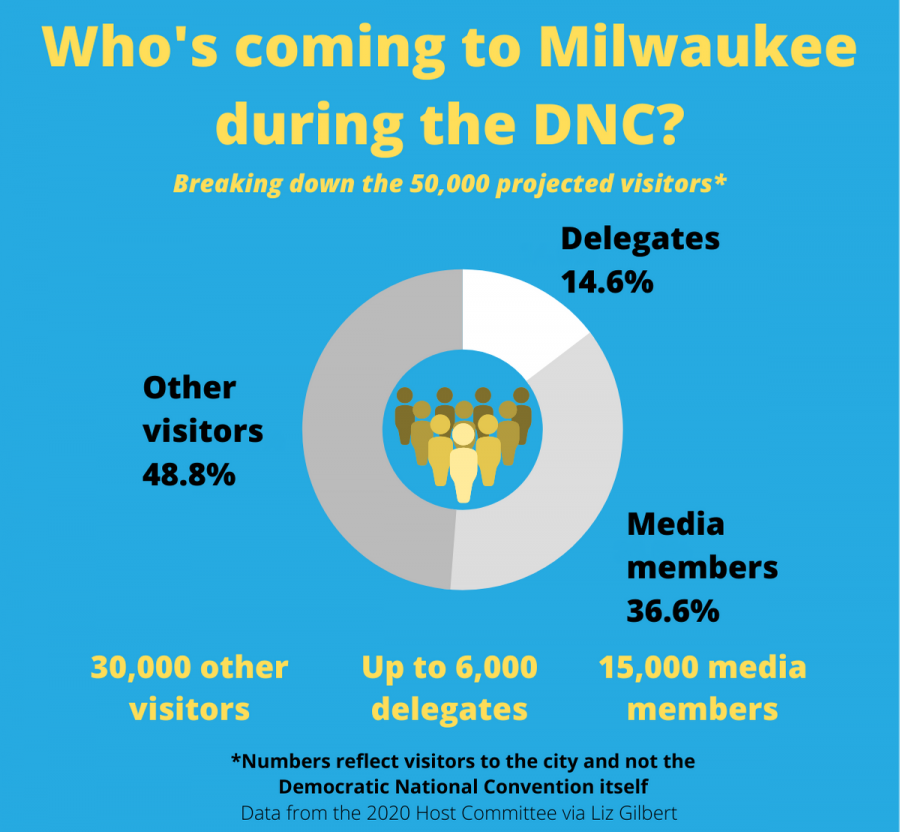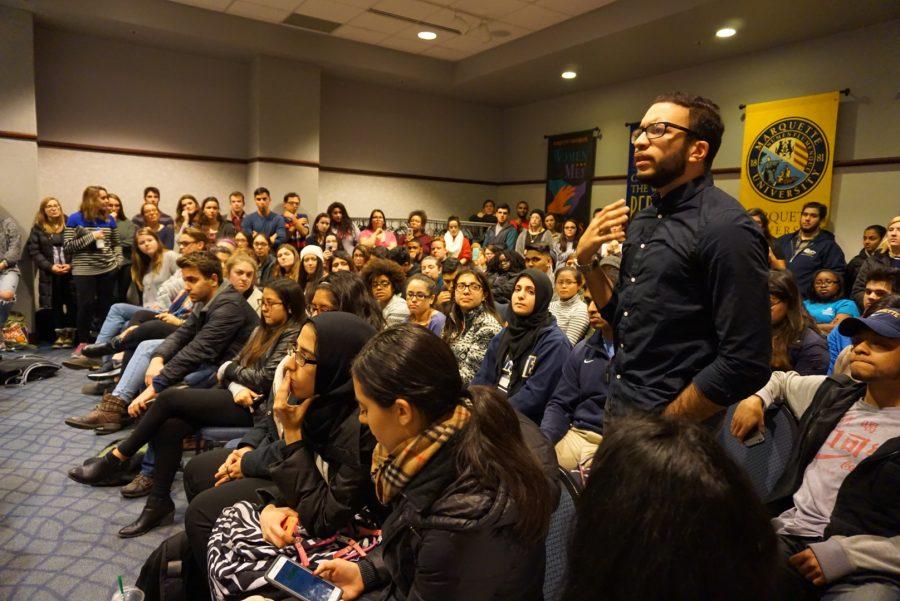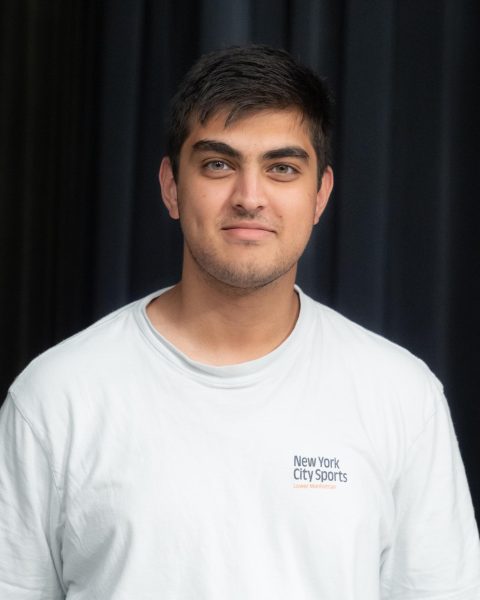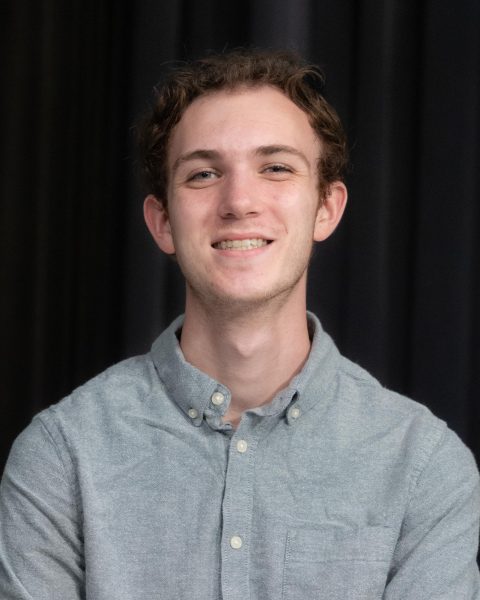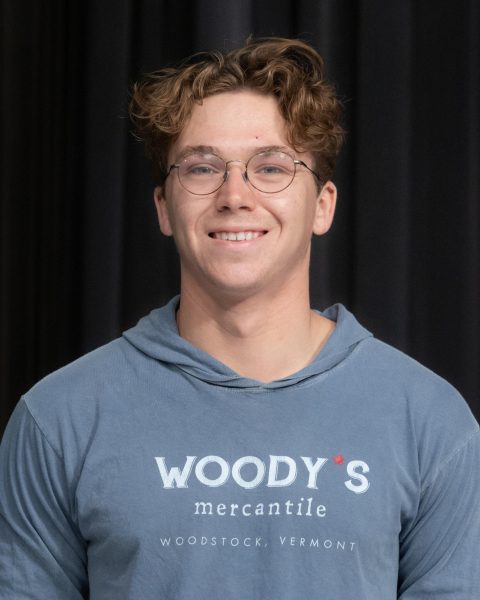Students of various political views gathered in the Varsity Theater April 27 to watch students from the liberal and conservative viewpoint groups go head-on in a debate.
The student-led debate was moderated by the Marquette Civic Dialogues Program. Nicole Laudolff, a senior in the College of Arts & Sciences and research assistant with the Civic Dialogues Program, said that the debates had occurred until the fall of 2019 but that the pandemic had put these debate events on a hiatus.
The Marquette College Democrats and Marquette College Republicans, two of the event’s co-sponsors, are groups working to promote political narratives and engagement across campus.
“There was this void, and that contributed to the narrative on campus that things are too polarizing to be having these kinds of conversations, but that isn’t the case. In many situations, students seek this space to talk, and that is what civic dialogues are for. We provide the space to have these productive conversations on campus on difficult topics,” Laudolff said.
The debate consisted of six topics — free speech, gun reform, abortion, healthcare, immigration and climate change. Students from each group were given three prompts to defend while the other group worked to bring down the argument or present a different narrative.
“A lot of the research was done individually. We each picked our own topics. I picked the Dobbs decision and environmental effects mainly because those are my interests in study within political science,” Jackson Radandt, a senior in the College of Health Sciences and president of Young Americans for Freedom, said.
Radandt argued in support of the College Republicans during the debate. He said that YAF has close ties with the Marquette College Republicans.
Grace Segreti, a senior in the College of Arts and Sciences and member of the College Democrats, said she has been politically active since high school. She felt more of a calling after the 2016 election and witnessed the things former President Donald Trump stated towards women.
“I think one of the biggest moments I had was when the conservatives were talking about climate change, and a lot of the free-market solutions that have resulted and great steps towards renewable energy. In that moment, I realized it is less about free market versus not free market, but rather how can we use everything at our disposal,” Segreti said.
Radandt said today’s political climate is a struggle where people live within their own echo chambers. He said that there is a purposeful ignorance against the other side. Instead, Radandt said political debates, such as these events, allow individuals to understand and grapple with the other side and refine their own arguments as well.
“I believe the most difficult topic for us [conservatives] tonight was healthcare, and I think the perspective and understanding what each individual goes through in our difficult healthcare system was something that we all need to work on,” Radandt said.
The Civic Dialogues program at Marquette was started in the fall of 2021 and has worked to bring speakers from a broad view of political spectrums, as well as work to engage conversation between students of different political beliefs.
“I think there is this conception on college campuses, and politics in general, that things are too polarized to have productive conversations. We wanted to bring this debate back out of its hiatus and prove that that isn’t the case for Marquette,” Laudolff said.
The Civic Dialogues program is hosting its last event May 2, where individuals will discuss the teacher shortage and the solutions that can be presented to address the issue.
“I think the political climate today is so divisive, and it feels like you can almost not fully talk or be friends with or share your ideas with people who have different political views than you, and debates like this, they sort of take that away,” Segretti said. “They make everybody [feel] they are the same, we’re all human beings, we’re all just trying to figure out what works the best for us and our country, and it really helps unite us in a way we haven’t been recently.”
Andrew Hubbuch contributed to this report.
This story was written by Uzair Qhavi. He can be reached at uzair.qhavi@marquette.edu or on Twitter @uzairqhavi.



